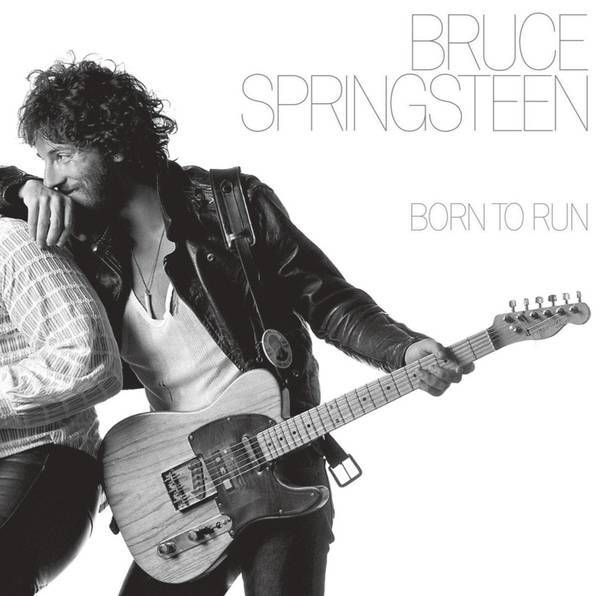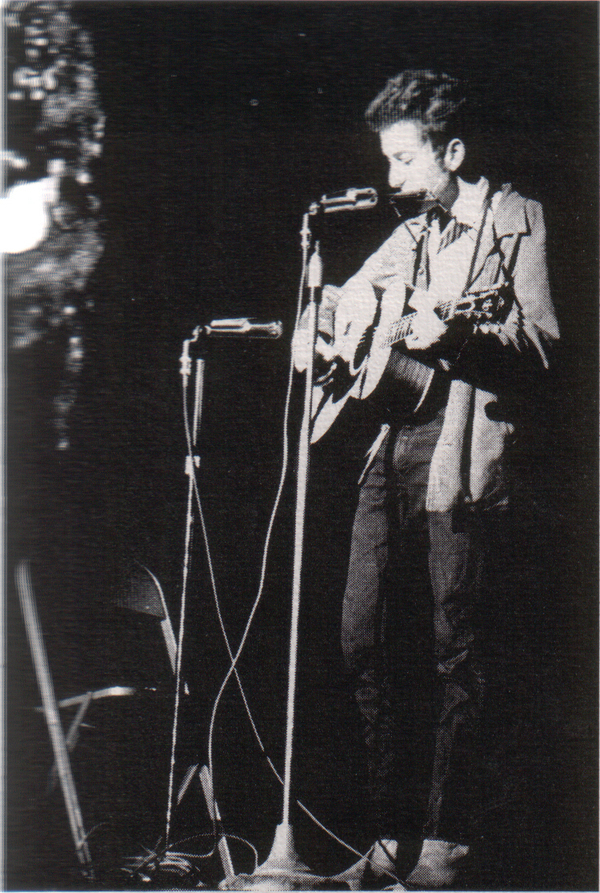
Sometimes, the most aggressive Twitter debates I get into inspire some of the most interesting discussions. This was very much the case last night, when news broke about Bruce Springsteen reportedly getting half a billion dollars from selling off his masters and catalog, which are obviously some of the most important assets in all of popular music.
My observation was simple: Bruce got paid more than Dylan did for doing the same thing, meaning that the “New Dylan” outdid the “Old Dylan.” It was silly, but not exactly a groundbreaking phenomenon. (OK, Dylan didn’t sell his masters, so maybe he could still surprise us, but it was funny to observe.)
I got a reply to the thread that tried attacking the music of Dylan, and indirectly, Springsteen, and I simply said what I was thinking: People have been trying to take these musicians down for decades, to no avail, and nothing we do is going to change that. The user got really upset when I said this, and went a little off the rails, because he thought I was attacking him or telling him he wasn’t allowed to have an opinion, when I was really saying that complaining about this phenomenon was pointless, because clearly the facts—i.e., Dylan, and then Bruce, getting paid massive paychecks for selling their primary creative outputs—show that popular culture clearly has leaned in their favor.
Nothing more, nothing less. Some random person is not going to knock them down a rung, because history has already kind of decided their place. It’s like complaining about Mario. Who gains anything from doing that?

(Joe Gratz/Flickr)
The thing is, when someone reaches a certain level of success as a popular figure for such a long period of time, tweeting about them not being good or criticizing their work almost feels pointless because our opinions about their work are already entrenched. (Especially when the debate is essentially the same debate that has been going on for 60 years.) Springsteen has a level of notoriety and success that few before or since have been able to attain, and the fact that his body of work is worth literally nine figures proves it.
In prior eras, our cultural institutions might have looked like museums and statues. The people who created those things had to celebrate their success by knowing physical monuments to their works and their lives existed. Now, our modern legends—literally, people like Dylan and Springsteen—can sell out their financial stake in their creation near the end of their lives, take care of their families, and put the work in the hands of a company that now is in a position to manage and maintain it forever. In the scope of world history, this feels unprecedented, and you almost have to be impressed that such a windfall is possible in this day and age.
Sure, we can quibble about their artistic choices in retrospect, but like water on the back of a duck, the quibbles will quickly roll off. This purchase makes them critic-proof for decades to come.
Time limit given ⏲: 30 minutes
Time left on clock ⏲: 52 seconds



